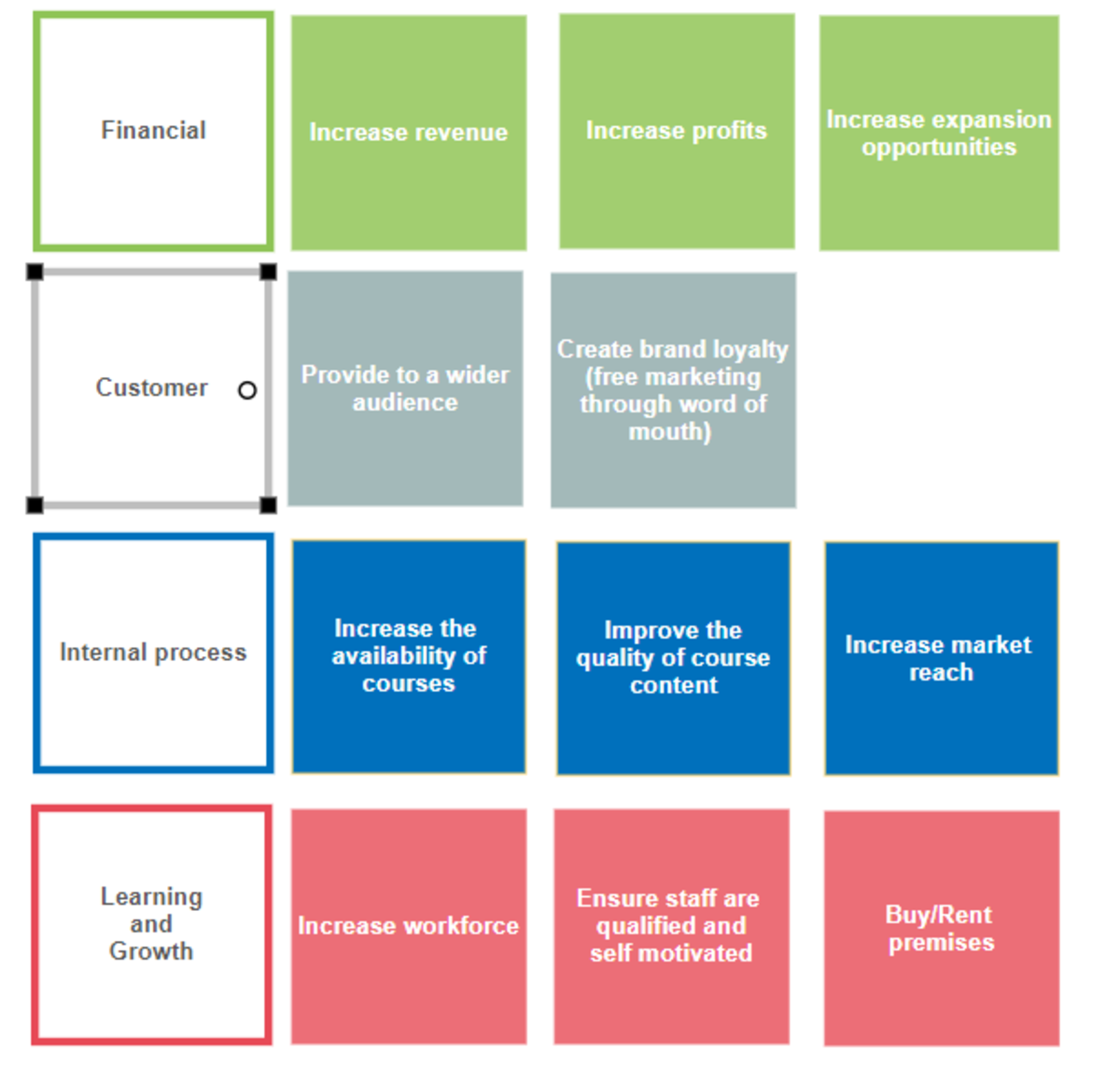- HubPages»
- Business and Employment»
- Small Businesses & Entrepreneurs»
- Marketing for Small Business
How to Use an Effective Content Marketing Plan to Promote your Business
Every marketing strategy, including content marketing, aims to not only promote your products or services but also to educate consumers about them, and evoke action. With consumers becoming smarter each day, the way businesses promote their brands are also changing. Today's consumers have more control over the products or services they want to buy, owing mainly to their better understanding of the way the markets work, thanks also in part to the Internet. So, what should businesses do to bring their products or services to their customers?
Consider the Factors that Affect your Content Marketing Strategy
Content can be a useful tool to promote your products or services, given that you target the right customer segments. Not every brand is for everyone. So, understanding the preferences of your customers is vital to devise a solid marketing plan. You can use different types of content to promote your products or services. Blogs, newsletters, emails, quizzes, and infographics are just a few content types you can use in your content marketing strategies.
Content marketing not only serves as an effective way to educate your customers about your brands, products, or services but also helps bring incredible value to them as well as to your business. So, companies should think of an action plan, particularly one that can bring them more customers, which in turn helps boost sales. But when revamping your content marketing strategy or even when sketching out one from scratch, there are many factors you should consider that can affect your business, either directly or indirectly. These include:
- Why should consumers buy your products or services over a sea of alternatives?
- What makes your products stand out?
- What are buyers expecting from your products or services?
- What drawbacks in your products or services cause your customers to not avail of them?
Focus on Content Metrics and Customer Insights
Analyzing customer insights is probably the worst part of a content marketing strategy. But it is also central to implementing it. If you already have customers, then you know where to start. However, if you are new to the business and the markets, and are looking to acquire potential prospects, you may need to do your homework. You should also develop those marketing personas if you want to get your product or service out into the markets.
To do this, you can start by becoming members of online forums or professional networks where you can find people who are interested in your products. Or you can read reports written by experts to get valuable insights. Various websites gather information about customer personas by conducting surveys and interviews. You could reach out to them by pitching cold emails or via social media.
But customer insights alone won't cut it. You should also know how your content is performing. Tracking content metrics is perhaps the most critical part of your strategy. You can do this in three steps. First, start by keeping track of the incoming traffic. Next, analyze how traffic converts to customer engagement. And lastly, see whether that engagement translates to potential sales conversions.
So, by tracking both content and customer insights, you will know in which direction your business is going. Use tools like Google Analytics and keep yourself abreast of the latest trends in content marketing. There are also other tools you can use. So, keep yourself updated about the different content metrics and customer insights and the tools you can use to track them.
Have a Simple yet Robust Content Marketing Plan in Place
An effective content marketing strategy doesn't have to be complicated. There have been many instances where businesses have used simple yet robust techniques to acquire more customers. So, uncomplicate things by thinking ahead. You should have a solid content marketing plan in place before you even think of propelling your business forward. A clear-cut marketing plan steers your business in the right direction and provides it with the foundation it needs.
A good content marketing strategy can help your business to generate revenue in terms of sales conversions. By putting your plan into action, you should be able to help your customers connect with your brand. Although you should aim to keep your plan simple, it shouldn't be evergreen. Customer preferences change by the day, and so should your strategy.
Another vital factor to consider when implementing a robust content marketing strategy is the cost. Many marketers tend to think that an expensive approach yields better results. However, that is not always the case. Most content marketing plans, including the best ones, take time to bloom. The cut-off time is usually six months or so. So, be patient and always try to stick to one plan that offers quality content rather than switching between strategies. In this way, you can rest assured that you will have potential customers who value your brand in no time.
Use a Mix of Marketing Strategies
Quality content has always stood out on the Internet. So, to be effective in promoting your brands, you should provide as much information about them as you can, and, more importantly, present it such that it entices the readers. Every marketing strategy you implement sends a unique message to your consumers. It's just how much power you put into it that makes an impression.
While content marketing can be one of those handy tools to promote your business, it's not the only way. Successful brands have made it big not only because of a resilient content marketing strategy but also because of the use of a mix of approaches. So, try and figure out what marketing strategies work for your brands or products, besides promoting them with the help of rich content. Use the customer insight data that you have gathered and find ways in which you can deliver a strong message about your brand to your customers.
You can also integrate your content marketing strategies with other types of marketing techniques so that your brands come out on top.
One of the most significant advantages of content marketing is that it is highly flexible. Using this strategy, you can not only deliver a solid message about your brands or services but you can also do it in real-time. And if your strategy doesn't work, you can always modify it as per your requirements. So, by using different content metrics and customer insights, marketers can research how their campaigns are performing and change their strategies accordingly to get better results.








